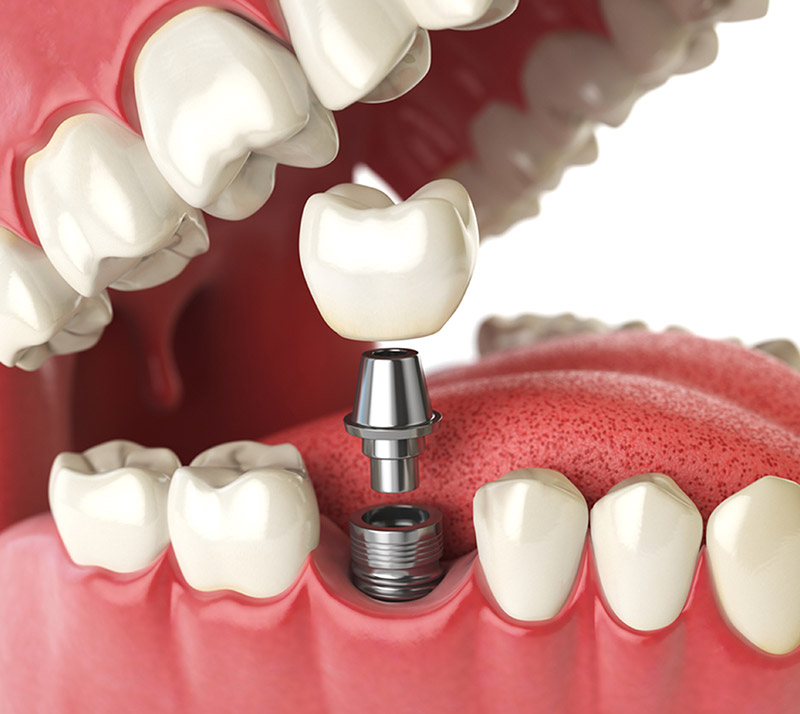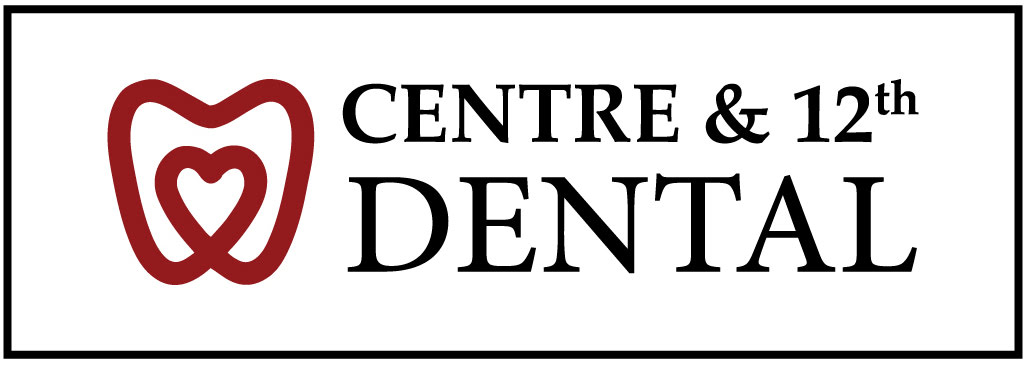
Dental Implants Near You
Dental implants in Calgary are cutting-edge tooth replacement solutions that provide a permanent fix for toothless gaps in a patient’s mouth, offering a natural-looking and functional smile. Whether you need to replace a single tooth or multiple teeth, dental implants can restore your oral health, enhance your appearance, and boost your self-confidence.

What Are Dental Implants?
A dental implant consists of three parts: the implant fixture (made of titanium), the crown (usually made of dental porcelain), and the abutment that connects them. The titanium fixture fuses with the jawbone, acting as a prosthetic tooth root.
This creates a stable base, and then the dental crown, which looks like and acts as a regular tooth, is attached to the abutment connecting it to the titanium fixture. There are both single tooth and multiple tooth implants.
- Single tooth implants replace individual missing teeth.
- Multiple teeth implants support dental bridges or implant-supported dentures for those with several missing teeth.
Dental implants solve a range of dental issues, such as:
- Missing teeth due to decay
- Injury
- Age-related tooth loss
Benefits of Dental Implants
The benefits of dental implants near you are numerous. By replacing missing teeth, implants:
- Prevent bone loss
- Maintain the alignment of adjacent teeth
- Restore proper chewing function
- Restore speech clarity
They provide a permanent and stable tooth replacement option, allowing you to eat, speak, and smile with confidence. Dental implants in Calgary also promote oral health by preserving bone density and preventing neighboring teeth from shifting. Additionally, they offer superior aesthetics and comfort compared to traditional dentures or bridges.
The Process of Receiving Dental Implants
- First, a comprehensive examination and imaging are conducted to assess your oral health and determine if you’re a suitable candidate.
- Next, the implants are surgically placed into the jawbone, and a healing period allows them to integrate with the bone.
- Finally, the custom-made dental crowns, bridges, or dentures are attached to the implants, completing your restored smile.
Want to Restore Your Smile With Dental Implants Near You?
At Centre & 12th Dental, we are committed to providing high-quality dental implants near you tailored to your individual needs. Don’t let missing teeth affect your oral health and confidence; schedule a consultation with us today to learn more about how dental implants can transform your smile and improve your quality of life.


